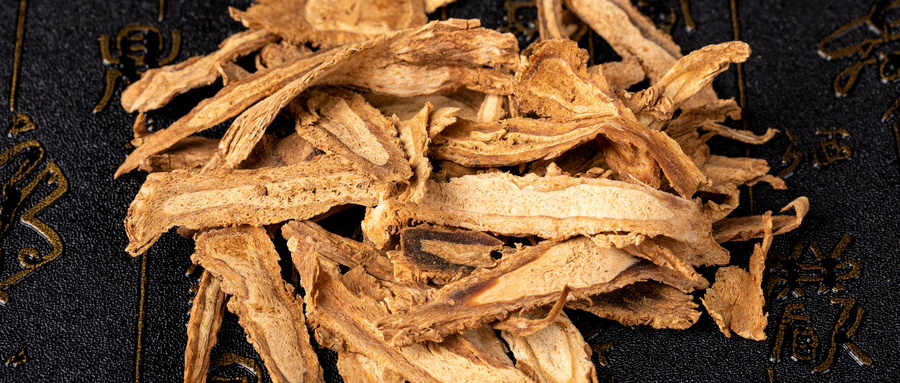Calcium is an essential element for our body development, and it is inevitable to experience symptoms of calcium deficiency during our growth process. Sometimes, normal diet alone is not enough to maintain an adequate intake of calcium. So what foods should we eat when we lack calcium? What dietary therapies are beneficial for calcium supplementation? Below, I will introduce them to you.
Leafy Greens
Leafy greens not only contain a lot of calcium and magnesium themselves, but they can also prevent the loss of calcium in the body. Therefore, eating more vegetables is beneficial for calcium supplementation.
Most leafy greens are a moderate source of calcium, such as small rapeseed, baby bok choy, Chinese mustard greens, celery, etc., which are all essential calcium-rich vegetables. Recent studies have confirmed that vitamin K in leafy greens is a necessary factor for bone calcification, and bone calcification is necessary for calcium deposition in the bones. 100 grams of snow cabbage contains 230 milligrams of calcium; baby bok choy, rapeseed, fennel, cilantro, celery, etc., have a calcium content of about 150 milligrams per 100 grams.
Sesame
Sesame seeds themselves contain a large amount of calcium in their hard shells, and the fatty acid content also plays a role in the absorption of calcium in the body. Its calcium content is not inferior to cheese.
However, the digestion rate greatly improves after grinding into sesame paste. Sesame paste is delicious and eating 1 tablespoon of it is roughly equivalent to 25 grams, which contains about 200 milligrams of calcium, which should not be underestimated. In addition to a large amount of calcium, sesame paste also provides abundant minerals such as potassium, magnesium, iron, zinc, as well as a large amount of vitamin E, vitamin B1, niacin, protein, and monounsaturated fatty acids.
Dairy Products
Half a pound of milk contains 300 milligrams of calcium, and the various amino acids, lactic acid, minerals, and vitamins in it can promote the digestion and absorption of calcium.
Scientists have found that half a pound of milk contains more than 290 grams of calcium, and it also contains various minerals and amino acids that can promote digestion and absorption.
Milk is different from meat, it is not an acidic food but a weak alkaline food. Therefore, milk does not make the body's fluids acidic, and it does not promote calcium loss. Overall, milk is still a good source of calcium. Therefore, as an easily absorbable calcium source, milk should be the main food for daily calcium supplementation, and other dairy products such as yogurt, cheese, and milk slices are also good choices.
Kelp and Dried Shrimp
Kelp and dried shrimp are also high-calcium seafood products. As long as you eat 25 grams of them every day, you can supplement 300 milligrams of calcium and also reduce blood lipids and prevent arteriosclerosis. Especially dried shrimp, which contains more than 500 grams of calcium in 25 grams, the calcium supplementation effect of dried shrimp seaweed egg drop soup is a hundred times stronger than that of bone soup. However, dried shrimp contains traces of nitrosamines, so excessive consumption is not good for health.
Soy Products
In addition to being a high-protein food, soybeans also have a high calcium content. 500 grams of soy milk contains 120 milligrams of calcium, and 150 grams of tofu contains 500 milligrams of calcium. However, it should be noted that soy milk needs to be boiled and consumed after boiling seven times. Tofu should not be cooked with spinach, although theoretically it can provide both calcium and iron. Spinach contains oxalic acid, which can combine with calcium to form insoluble calcium oxalate.












